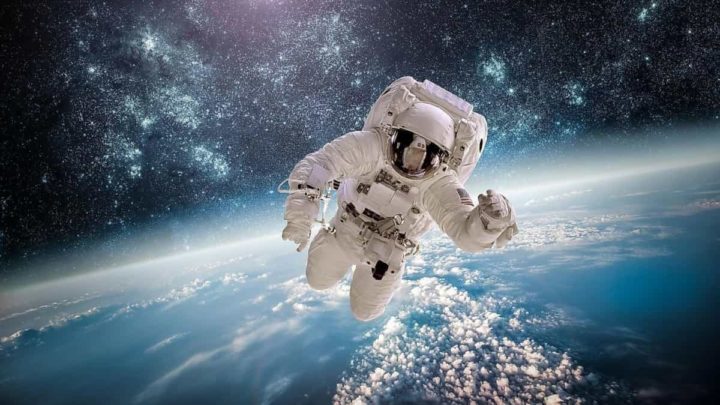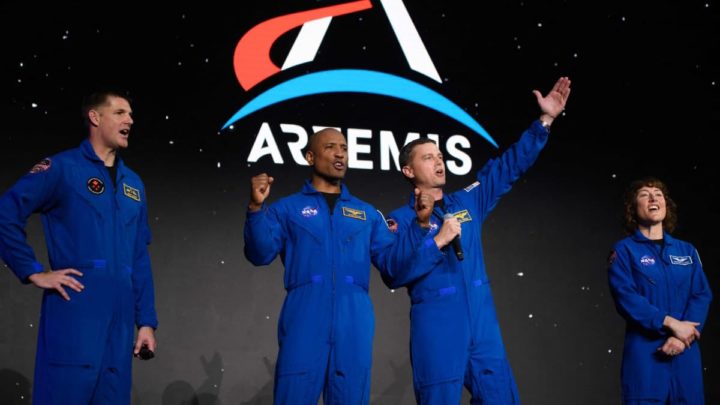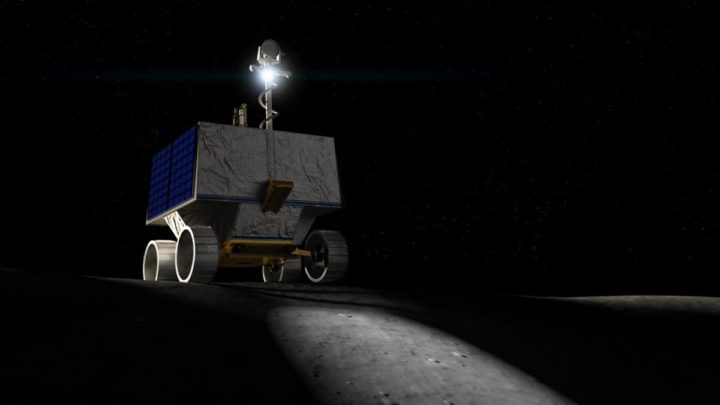Although it is not the only agency, NASA is the one that brings the most “juice” from space, to explore the unknown. With a budget of $25 billion, the American company shared a video clip showing its plans for 2024.

The agency predicted, in the voice of Bill Nelson, the current administrator of NASA, via A videothe promises of 2024. If 2023 was indeed a year of achievements, as we continue, then 2024 will be even more exciting.
The most anticipated flight next year will be the Artemis mission, which will send four astronauts to fly by the moon, just 130 kilometers from its surface.
The Artemis II mission, currently scheduled for November, will follow in the footsteps of the uncrewed Artemis I mission, which tested NASA's new Space Launch System (SLS) rocket and the Orion spacecraft.

In 2024, NASA won't be giving the moon a rest, as it will send up its VIPER (Volatile Probing Polar Exploration Rover) rover.
About the size of a golf cart, the rover will explore the Moon's south pole, with the goal of finding lunar water ice, a vital resource for the crew to travel to later, and which can also be converted into fuel to propel rockets to distant planets.
The VIPER mission was supposed to begin this year, but NASA postponed it for further testing.

The space agency also plans to launch the Europa Clipper mission, which will explore one of Jupiter's largest moons, Europa, in an attempt to discover whether its surroundings could be a suitable habitat for extraterrestrial life.
As encouragement, NASA mentions SpaceX and the success it wants in the first orbital flight of Starship, the most powerful spaceflight system ever, which could carry the first humans to Mars, on a mission sometime in 2030.

Also throughout the year that begins soon, the James Webb Space Telescope is expected to continue giving us bits of space, bringing us closer to depths of the unknown that are inaccessible in any other way.
Watch the full video:

